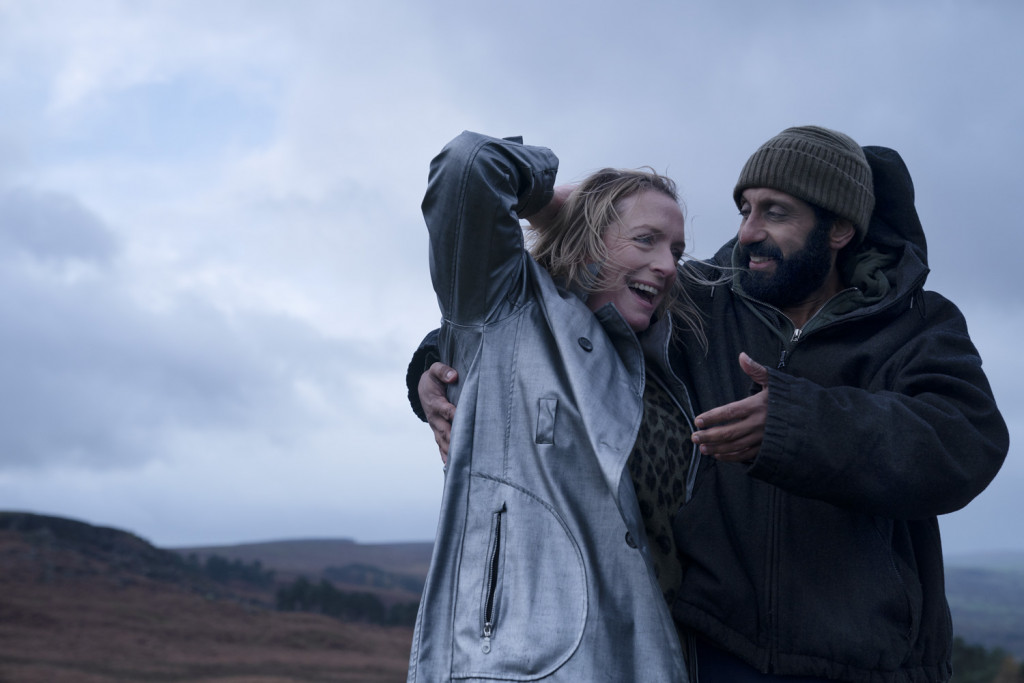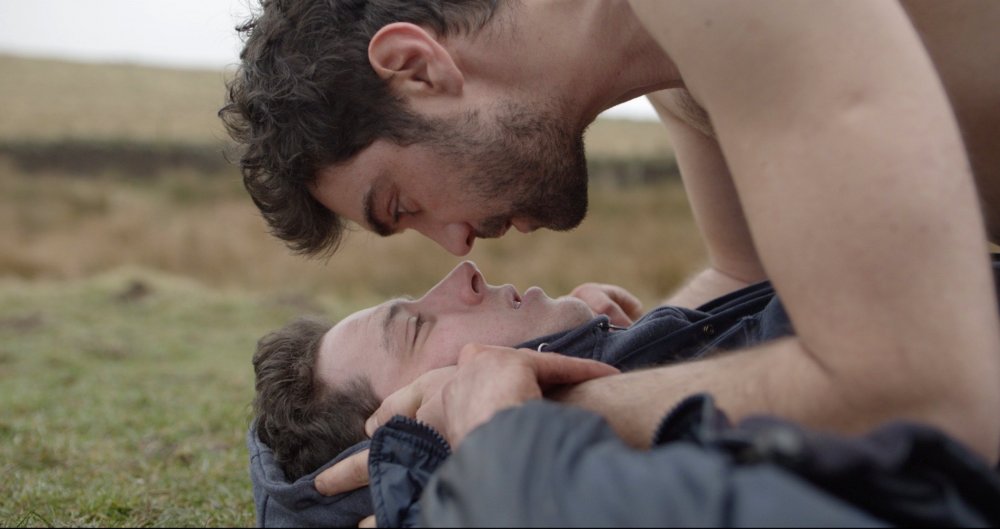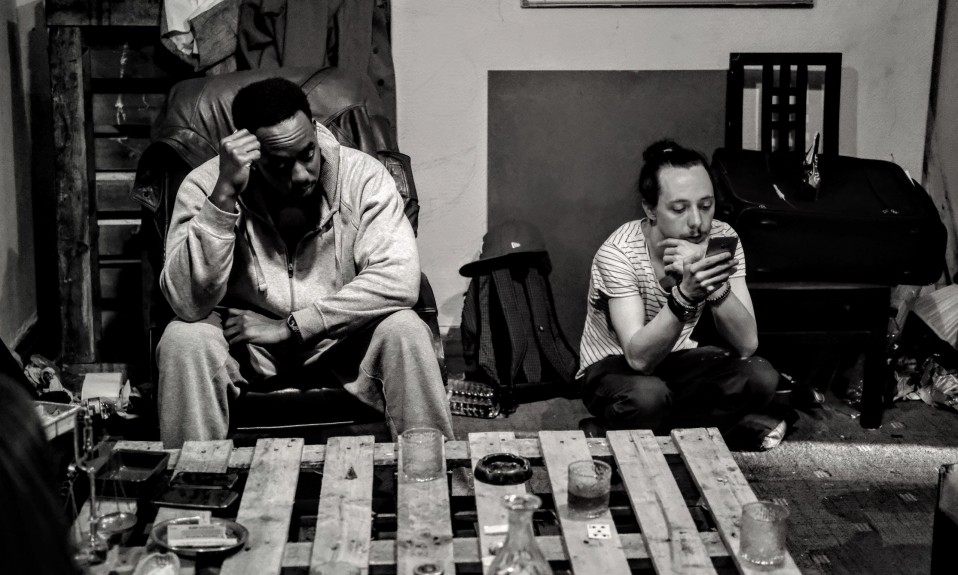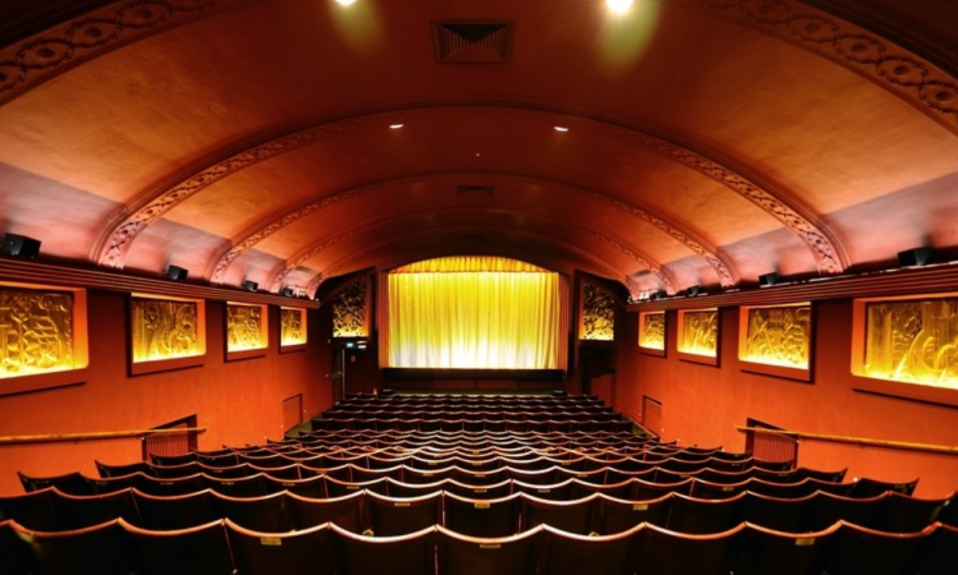Few debuts in British cinema have been as bold and assured as Clio Barnard’s. The Arbor, released in 2010, is a film that defies easy categorisation, weaving between documentary, drama, re-enactment, adaptation, essay, and, at its core, an exploration of the Bradford-born writer Andrea Dunbar. The film, so named for the street that Dunbar grew up on, used professional actors to lip-sync to audio recordings of interviews conducted by Barnard with Dunbar’s family and friends. These actors talk directly to the camera as if they are the people whose voices they have co-opted. Meanwhile, at various intervals, other actors perform scenes from Dunbar’s plays at different locations around the council estate, while the actual residents hover about the edges, observing.
Barnard followed The Arbor with The Selfish Giant in 2013. Inspired by Oscar Wilde’s short story of the same name, the film follows two teenage boys who become interested in some horses kept by the local scrap dealer for amateur racing. 2017’s Dark River came next, a grim and unrelenting tale of grief as a woman (Ruth Wilson) returns to the farm she grew up on in the wake of her father’s death. Through all this, Barnard was hailed as the next Ken Loach for her focus on the working classes and her style of social realism. The Selfish Giant was openly compared to Kes upon its release, with both exploring animals as a gateway into imagination and responsibility, although perhaps Barnard’s sense of class consciousness and social commentary doesn’t quite compare. Barnard has been likened to the classic novelist Thomas Hardy, too, in that her films often feature characters torn down by circumstance.

Ali & Ava, Barnard’s latest offering, released in cinemas this weekend, feels less radical than its predecessors. It is undoubtedly less grim, centring on a tender love story between a landlord (who is, rather bizarrely, well-liked) and a teaching assistant in Bradford, over bleakness and woes. Of course, darker themes permeate the edges as Ava’s son takes issue with her new relationship and Ali struggles to come to terms with the end of his marriage. Still, the film is tender and, when it wants to, it confronts interesting dynamics of mixed-race relationships in working-class settings, though admittedly it never really goes far enough in that direction.
If Ali & Ava feels less radical it may be because, in the decade Barnard has been working, the genre of working-class drama has grown substantially. Francis Lee’s beautiful yet brutal God’s Own Country told the story of an immigrant worker and the closed-off Yorkshire farmer he falls in love with, and Shane Meadows has added more and more to the world of his film This Is England with three successful television follow-ups. Steve McQueen’s latest mammoth project, Small Axe, featuring five feature-length movies aired on the BBC, looks at the past of the black British experience in the UK, while Michaela Coel’s I May Destroy You looks at the present through the prism of sexual consent and the complications of millennial existence. The BBC adaptation of Sally Rooney’s Normal People has a strong sense of the class issues at its root, too, in exploring who it is that gets to escape, what plains different people live on, and how wealth disparity can sit uncomfortably within romance.

This might be why Barnard is leaving her native Yorkshire for the first time with her next project, her first for television, directing an adaptation of Sarah Parry’s novel The Essex Serpent, starring Clare Danes and Tom Hiddleston. This marks a departure from her previous work in more ways than just its location. The Essex Serpent is a period piece, features prominent actors, and is being made for Apple TV+, which is a far cry from drumming up money for independent movies. It is also the first time Barnard is not writing the project, instead of working from scripts by Anna Symon. It feels not unlike Andrea Arnold’s stint as the director of Big Little Lies’ second season (though hopefully without the behind-the-scenes drama), and it will be interesting to see how Barnard adapts to this new form; if her tight close-ups and misty greyness will carry through. Will her keen focus on the people at the centre of her filmic worlds remain as astute? What sets Barnard apart from many other British filmmakers is her almost journalistic motivation.
The Arbor is driven by the sense of wanting to uncover Dunbar’s life and the effect her death at 29 had on her children. The Selfish Giant sprang from a child she met while filming The Arbor, a boy excluded from school who was now selling scrap metal. Barnard’s impulse was to follow him, to figure out his life and see what really mattered to him. Questioning why things are seems crucial to Barnard, even if it isn’t to her characters. Neither Ali nor Ava rally against their circumstances – but the make-up of their lives, their complicated pasts and lonely presents, are continually interrogated and siphoned through. The nature of their existence with societal structure is uninteresting to Barnard’s characters. Instead, their focus is on getting by, and on their personal values system. Where Loach might want to make a protest and lay things out starkly, Barnard lets it take a backseat to the emotions that drive people. After all, to moralise can become clunky and can often feel less real, even exploitative.
Also Read: How Film Changed Me: On Euphoria














